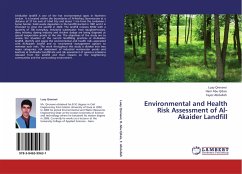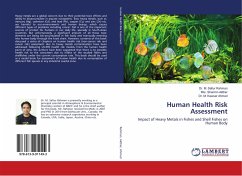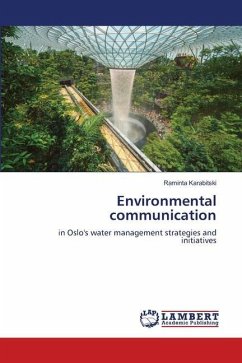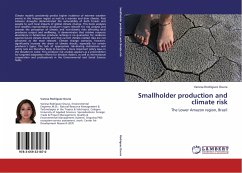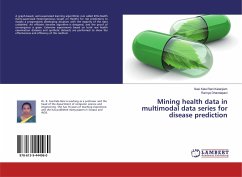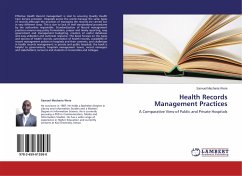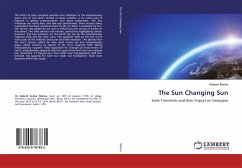Al-Akaider landfill is one of the hot environmental spots in Northern Jordan. It is located within the boundaries of Al-Mafraq Governorate at a distance of 27 km east of Irbid City and about 1 km from the Jordanian / Syrian border. Solid waste deposition in the landfill started in 1981 and it is intended to close the landfill in 2020. The landfill receives MSW with a quantity of 700 tones/day. Industrial wastewater from slaughterhouses, dairy industry, dyeing industry and chicken sludge are being disposed at special evaporation ponds at the site. The objectives of the study are to review the situation of the current landfilling practices at Al-Akaider landfill, identify and assess the environmental and health risks associated with Al-Akaider landfill and to recommend management options to minimize such risks. The work throughout this study is divided into two major categories; risk assessment of industrial wastewater ponds and leachate at Al-Akaider landfill site and risk assessment of gaseous emissions released from the landfill and their impacts on the neighboring communities and the surrounding environment.
Bitte wählen Sie Ihr Anliegen aus.
Rechnungen
Retourenschein anfordern
Bestellstatus
Storno

